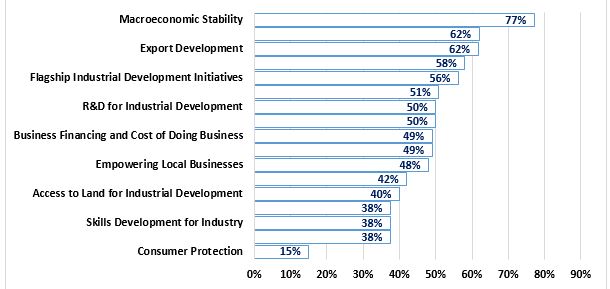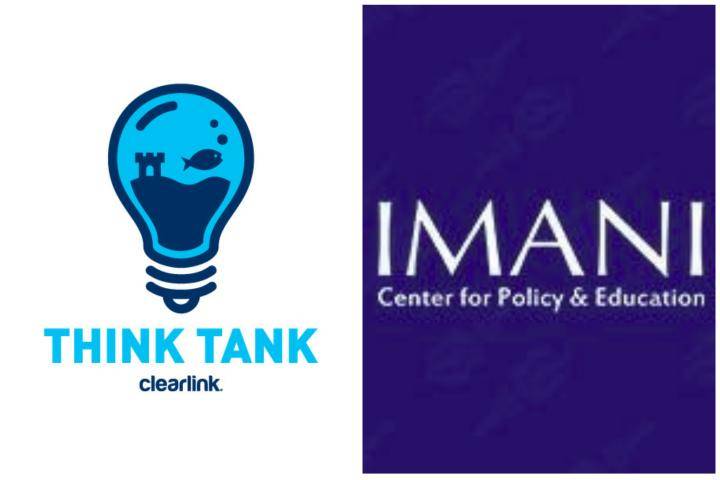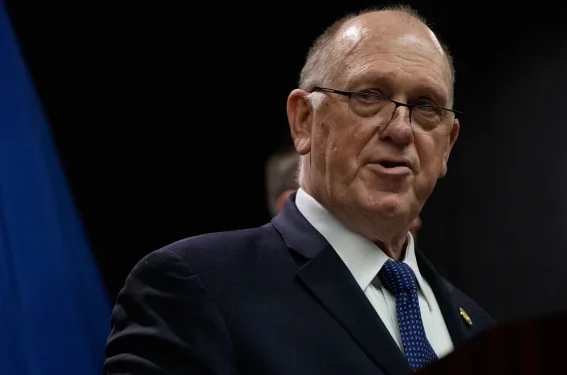Policy think-tank IMANI Ghana has rated the performance of the ruling New Patriotic Party (NPP) in the delivery of its 2016 Manifesto promises as fairly satisfactory.
IMANI scored the NPP 56.77 % which translates into a ‘D+’ in a standard grading system.
This was revealed in an event dubbed ‘iManifesto 2020 – A Final Report Card On the Delivery of the NPP Government’s 2016 Manifesto’ which took place at the Coconut Grove Regency Hotel on 4th November 2020.
According to IMANI, a total of 162 promises were made under the economy sector, 87 of which were under General Economy, Trade and Industry; 54 under agriculture; and 21 under tourism.
Of the total promises under the economy, IMANI stated that a total of 41 (25.3%) promises have been fully implemented, 101 (62.3%) partially implemented, and 20 (12.3%) were not initiated. Overall, the NPP government scored 57.62% under the economy sub-sector.
However, IMANI classified the general economy sector into two; trade & industry and tourism, culture & creative arts. The overall performance of the NPP in the former was 52.53% and that of the latter was 73.81%.
The promises that were fully fulfilled under the trade and industry sub-section by the NPP according to IMANI include the; abolishment of the 1% Special Import Levy; abolishment of the 17.5% VAT/NHIL on selected imported medicines that are not produced locally; and the abolishment of the 17.5% VAT/NHIL on Financial Services; Pass the Fiscal Responsibility Law.
Others include the establishment of the Fiscal Council and the Financial sector clean-up exercise. The full details of the performance of the NPP with regards to the economy, trade, and industry are presented in figure 1.
Figure 1 Economy, Trade & Industry – (52.53%)

Source: IMANI
Still, under the economy, the promises that were deemed to have been fully delivered by the NPP under Tourism, Culture & Creative Arts include; Pursuing deliberate marketing strategies to promote unique historical sites; improving professionalism and capacity of tourist staff and hospitality industry; transforming the Ghana Tourism Authority into a modern class promotion agency; establishment of a creative arts fund; Creation of a Division at the High Court focused on creative arts; and the Promotion of literature, arts, dance and music across the country.
The promises under Tourism, Culture & Creative Arts that were classified as either partially fulfilled or not fulfilled include resourcing and reactivating the Ghana Museums and Monuments; Reviewing and actively implementing the Culture Policy; and the Construction of modern theatres in all the 10 regions.
Figure 2 Economy- Tourism, Culture & Creative Arts (73.81%)

Source: IMANI
The following policies were deemed to have been fulfilled under agriculture; Ensure that farming inputs are readily available within farming communities at affordable prices. This according to IMANI was fulfilled by the implementation of the Fertilizer and seed subsidy program.
Another program that was fully implemented was the promise to Reactivate and expand the mass spraying and Hi-Tech programs. This, IMANI stated was implemented through the Cocoa mass spraying program.
According to IMANI, the promise to Promote and incentivize research in using remote sensing and satellite imaging technologies to map soil properties nationwide is yet to be accomplished.
Figure 3 Economy- Agriculture (59.54%)

Source: IMANI
Overall, a total of 63 promises were made under Human Capital Investment; 32 under Education, and 31 under Health. IMANI scored the NPP 55% on education and 56.77% on health. Indicating that the NPP did fairly in health than on education. The overall score for Human Capital Investment was 55.87%
The NPP scored 59.25% out of a total of 80 promises made under the governance theme and 43% under the sub-section Governance, Corruption, and Public Accountability.
“IMANI’s manifesto assessments of the ability of elected governments to substantially deliver on the commitments they make to their constituents have become a necessary activity on the Ghanaian electoral calendar.

“The assessment in the case of successive Ghanaian governments since 2008, has taken the shape of assessment of the manifesto’s ability to transform the Ghanaian economy along with some baseline parameters; an interim (midterm) assessment of the winning party’s commitment to the manifesto; and A final assessment of the execution of promises over the term of the government, considering various opportunities and threats the government could have been exposed to, domestic or internationally.
“The final assessment provides the basis for understanding the state of key sectors of the economy, before an election, which corroborates the expectations of citizens.
“The Nana Addo Dankwa Akufo-Addo led government has travelled four years of its time in office, pursuing various policies and reforms some of which is believed to be core to the delivery of the ‘Ghana Beyond Aid’ agenda” – IMANI.























